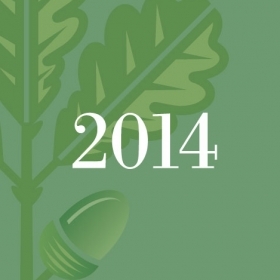
This year, as in every year at Wellesley, we engaged in discussion and debate on campus about many issues. Three important debates, whose issues were seemingly quite different, focused on the same underlying theme: academic freedom.
Last summer, we launched a wonderfully successful academic program and conference on liberal arts and women’s leadership in partnership with Peking University (PKU). In the fall, many of our faculty rallied in suport of a PKU economics professor who said his teaching contract was not renewed because of his advocacy for academic freedom and human rights. In light of this allegation, a number of faculty members felt that the College should reconsider its partnership with PKU. It was a complicated issue, but after a few months of vigorous debate, our faculty voted to reaffirm their partnership. I am pleased that they did so, because it is my strong belief that academic freedom everywhere thrives when international partnerships are formed and supported. Wellesley and PKU have an opportunity to learn from each other, informed by our differences. While we can never fully know all the reasons for Professor Xia Yeliang’s dismissal last fall, and there is still disagreement on campus about that, there is general agreement that he has been a vocal advocate for academic freedom and human rights.
And then, over the winter, several discipline-specific scholarly associations, including the American Studies Association, called for a boycott of Israeli academic institutions, arguing that those institutions were complicit in Israel’s violation of the human rights of Palestinians. This action by the scholarly organizations provoked discussions in our community and around the world, and prompted me to respond publicly with a statement opposing the boycott—not on political grounds, since I do not think that is my role as president—but rather on moral and ethical grounds, because boycotts of that nature attack the very core of the academy. No matter the politics, cutting ties with colleagues around the world does nothing to promote tolerance, understanding, or a diverse exchange of ideas. It is an assault on our primary strength, and on our reason for being.






